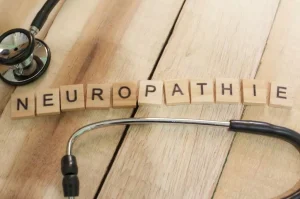Additionally, the use of alcohol and drugs creates further feelings of shame. They also lower self-esteem and contribute to the constant cycle of seeing yourself as inferior or unable to cope. This downward spiral can only be stopped by a significant and powerful intervention.
- Talk about your recovery with your family, friends, or therapist — anyone who will listen without judgment.
- At any moment, someone’s aggravating behavior or our own bad luck can set us off on an emotional spiral that threatens to derail our entire day.
- One unique aspect of DBT is that it emphasizes the dialectic between acceptance and change.
- In addition, consider joining local support groups or seeking professional help from therapists or counselors if needed.
Learn from Mistakes:
Learning to identify the emotions without identifying with the emotions is the second step. Guilt and shame can create problems guilt and shame in recovery for anyone entering recovery. Guilt and shame are powerful emotions that play a vital role in the healing process.
The Healing Power of Guilt
- Shame and guilt are parts of addiction and recovery that are quite common but can be repaired with time and work.
- I’m easily frustrated and bored, and I hate sitting still.
- Of course, addicts aren’t the only people who feel guilt andshame.
- Constant belittling, criticism and even neglect and isolation all enhance this sense of inferiority and shame that becomes a central part of the individual’s way of seeing her or himself.
People cope with shame and addiction in different ways. Some turn to perfectionism, trying to ensure that everything they do is without fault and above reproach. Others struggle with low self-esteem and may seem to have an incredibly people-pleasing personality. And I’d love to hear your thoughts about this, too, is that if brain science tells us that the forebrain goes offline in active addiction, how does anybody recover? And people do and it’s an amazing thing that people still find a way to grab a hold of recovery and sustain it successfully.

What Causes Addiction? Factors That Increase Your Risk for a Substance Use Disorder
Pay attention to your gut reaction, the inner twinge that kicked shame into gear. Knowing the kind of emotion you are dealing with will help you to address shame at its core. Shame can do some serious damage to your recovery, but there are steps you can take to deal with shame and positively influence the recovery process.


Caron Outpatient Treatment Center
- An apology can remove the cloak of shame that even the most remorseful person carries around.
- Addicts generally have difficulty, especially in early recovery,coping with any feelings that we perceive as negative.
- Sharing your experiences with others who understand can help alleviate these emotions.
- Focus on what your life is today, and where you are in recovery right now.